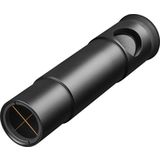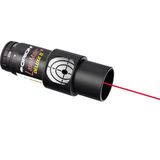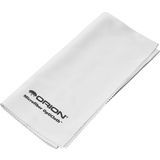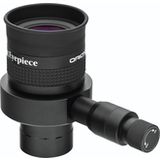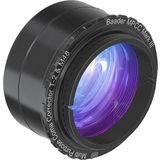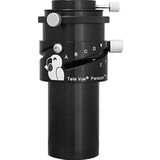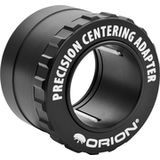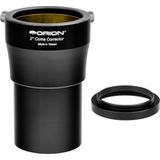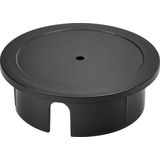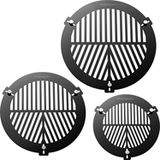Telescope Tune-Up
User level:
Coatings:
Mounting:
RECENTLY VIEWED
Sign up for email
X
and receive updates about
sales and new products.
sales and new products.
Please enter a valid email address
You can unsubscribe at any time.
Thank you!
Watch your inbox for our welcome email.
And consider adding our email address (news@oriontelescopenews.com) to your email safe
senders list, address book or contact list.
Then you won't miss news about our sales, new products, or our popular monthly What's In The Sky newsletter.
Welcome Back
You're already on our email list,
so you'll continue to be the first
to hear about our new products
and special offers.

 English USD
English USD


